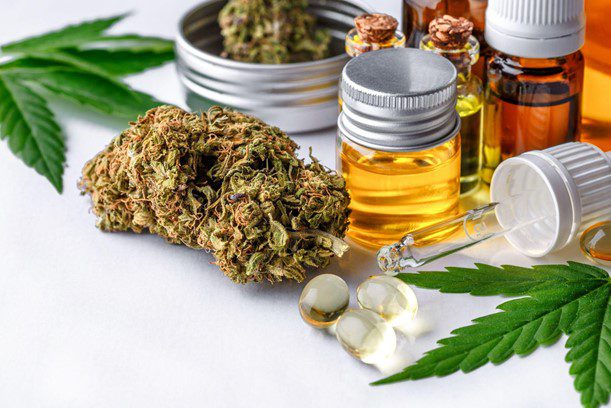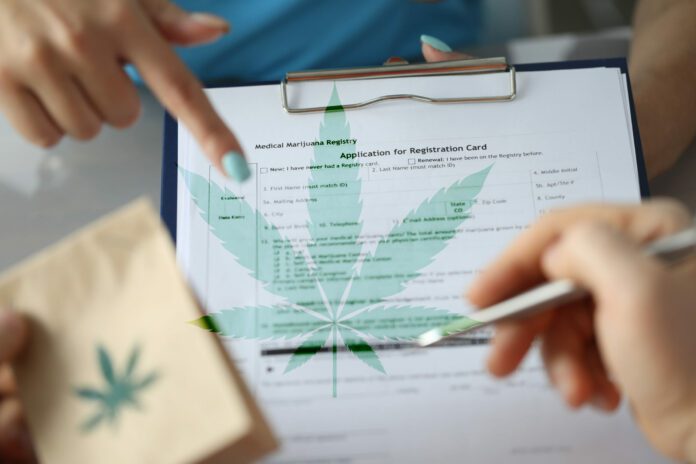State marijuana laws can be a tricky thing to navigate. They’re a series of complex and involved laws and regulations that require people to understand the requirements of each individual state. Several states require patience to see a licensed doctor, get diagnosed for a condition and have medicinal marijuana recommended to them, and obtain a card before they can purchase medical marijuana at a dispensary.
Understanding these cards is fairly simple, despite seeming a bit daunting on the surface. Today, we’re looking at five things to know about medical marijuana cards.
What They Are
Medical marijuana cards are a remarkably simple concept. They’re just special cards that a state issues (based on a recommendation from a licensed physician) to allow access to medical marijuana at licensed dispensaries. Marijuana medical cards are like a key to a very exclusive door.
They enable qualified patients to acquire a certain amount of medicinal marijuana in their state. Every state has different laws and requirements related to these cards, which are widely available across state websites and information hubs online.
Who Requires Them
As of October 2022, medical cannabis cards are required in Washington D.C. and 29 other states. Some of them (notably Hawaii, Nevada, New Mexico, and Washington D.C.) accept cards from outside the state.
Others have reciprocity laws, which allow people from out-of-state to buy medical marijuana there. Some of them are quite limited. In Arizona, for example, patients have to be classified as visiting qualified patients, subject to the state’s own requirements. Every state is different, requiring some research and due diligence before seeking medical marijuana in their territory.
How To Get One
Obtaining a medical marijuana card is pretty easy. Most states have a residency requirement. Since things vary so much from state to state, you’ll need to ask around, do some research, check out state websites (including marijuana laws), and speak with your licensed doctor at length about how it works in your area. Qualifying for medical marijuana isn’t a fast process, but it is straightforward.
First, a doctor licensed in the state needs to recommend medical marijuana for the patient. Because of the way marijuana is classified on the federal drug schedule, it’s not available as a prescription. Qualifying conditions for medical marijuana range from cancer and epilepsy to terminal diseases or neurological ailments like Parkinson’s disease.
A state-licensed doctor has to recommend medical marijuana to the patient and the recommendations must be signed to be valid. After that, it’s just a matter of applying and registering for the card in your state.
Why Get A Card in the First Place
Much like everything else on the planet, there are pros and cons to seeking the use of medical marijuana. The most obvious pro is that having a card allows patients to legally purchase and use marijuana for medicinal purposes. Medical marijuana has shown promise in treating certain conditions, assisting with pain management, and keeping anxiety in check.
On the downside, cards can get a bit expensive depending on the state. And since most states still only take cash for marijuana, carrying a large amount of cash to buy medical marijuana has its own risks. Despite the costs of maintaining the card and renewing it every year, medical marijuana continues to help millions of people every day all across America.

Card Costs
Getting the card itself can raise a few additional questions. How do you get it? Does it cost anything? Can you do a consultation via telemedicine?
Obtaining Marijuana cards, while relatively easy to obtain, do come with processing fees that (try to look surprised) vary by state. In Colorado, it’s $29.90 for the application fee. Other states are much higher.
Florida charges $75. Ohio costs $50. In Arizona, you can expect to pay $150! In addition to the initial registration, there are renewal fees every year. Some discounts are available for recipients of Social Security and other government benefit programs. Once again, it varies by state. If the state allows growing, that’s an entirely different application and fee.
Ultimately, getting your medical marijuana card can be an exciting and useful thing—but do expect it to come with some additional research and associated costs.
